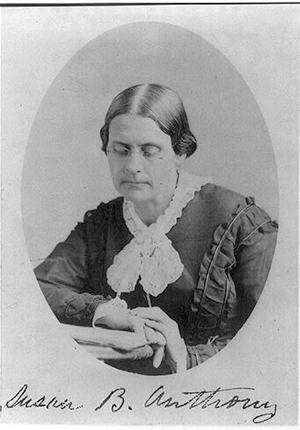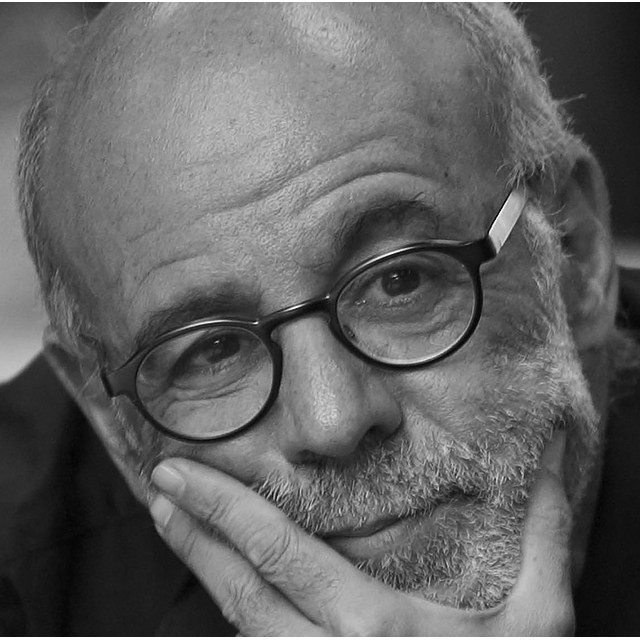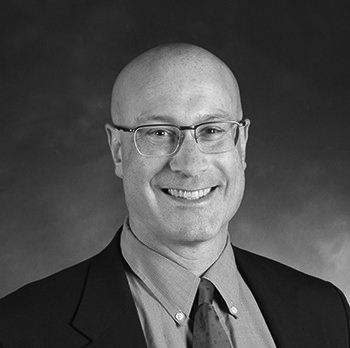Historic Document
United States of America v. Susan B. Anthony: Closing Arguments (1873)
Susan B. Anthony | 1873

Library of Congress, Prints and Photographs Division
Summary
Susan B. Anthony was both a leading abolitionist and a founder of the mid-nineteenth-century Women’s Movement. During Reconstruction, Anthony and her allies in Congress pressed the framers of the Fourteenth and Fifteenth Amendments to confer the right to vote on women as well as Black men. When those efforts failed, Anthony and others turned to direct action, accompanied by a creative interpretation of the Fourteenth Amendment’s promise of equal rights. In 1872, Anthony led fifty women to a polling place in Rochester, New York, to register for the vote. On election day, they cast their ballots, and Anthony was arrested and charged with election fraud. At her trial in June 1873, Anthony was allowed to make a final statement. Her example helped pave the way for the Nineteenth Amendment, which brought women’s right to vote into the Constitution in 1920.
Selected by

William E. Forbath
Lloyd M. Bentsen Chair in Law, and Associate Dean for Research, The University of Texas at Austin School of Law

Ken I. Kersch
Professor of Political Science, at Boston College
Document Excerpt
[In response to the judge’s question of whether Anthony had anything to say, Anthony delivered the following statement. The judge interrupted her frequently throughout her statement.]
Yes, your honor, I have many things to say; for in your ordered verdict of guilty you have trampled under foot every vital principle of our government. My natural rights, my civil rights, my political rights, my judicial rights, are all alike ignored. Robbed of the fundamental privilege of citizenship, I am degraded from the status of a citizen to that of a subject; and not only myself individually but all of my sex are, by your honor's verdict, doomed to political subjection under this so-called republican form of government. . . .
Your denial of my citizen’s right to vote, is the denial of my right of consent as one of the governed, the denial of my right of representation as one of the taxed, the denial of my right to trial by a jury of my peers as an offender against law; therefore, the denial of my sacred right to life, liberty, property . . . .
Of all my prosecutors, from the corner grocery politician who entered the complaint, to the United States marshal, commissioner, district-attorney, district-judge, your honor on the bench—not one is my peer, but each and all are my political sovereigns; and had your honor submitted my case to the jury, as was clearly your duty, even then I should have had just cause of protest, for not one of those men was my peer; but, native or foreign born, white or black, rich or poor, educated or ignorant, sober or drunk, each and every man of them was my political superior; hence, in no sense, my peer. . . .
When I was brought before your honor for trial, I hoped for a broad and liberal interpretation of the Constitution and its recent amendments, which should declare all United States citizens under its protecting aegis—which should declare equality of rights the national guarantee to all persons born or naturalized in the United States. But failing to get this justice—failing, even, to get a trial by a jury not of my peers—I ask not leniency at your hands but rather the full rigor of the law. . . .
May it please your honor, I will never pay a dollar of your unjust penalty. All the stock in trade I possess is a debt of $10,000 incurred by publishing my paper—The Revolution—the sole object of which was to educate all women to do precisely as I have done, rebel against your man-made, unjust, unconstitutional forms of law, which tax, fine, imprison and hang women, while denying them the right of representation in the government; and I will work on with might and main to pay every dollar of that honest debt, but not a penny shall go to this unjust claim. And I shall earnestly and persistently continue to urge all women to the practical recognition of the old Revolutionary maxim, “Resistance to tyranny is obedience to God.




